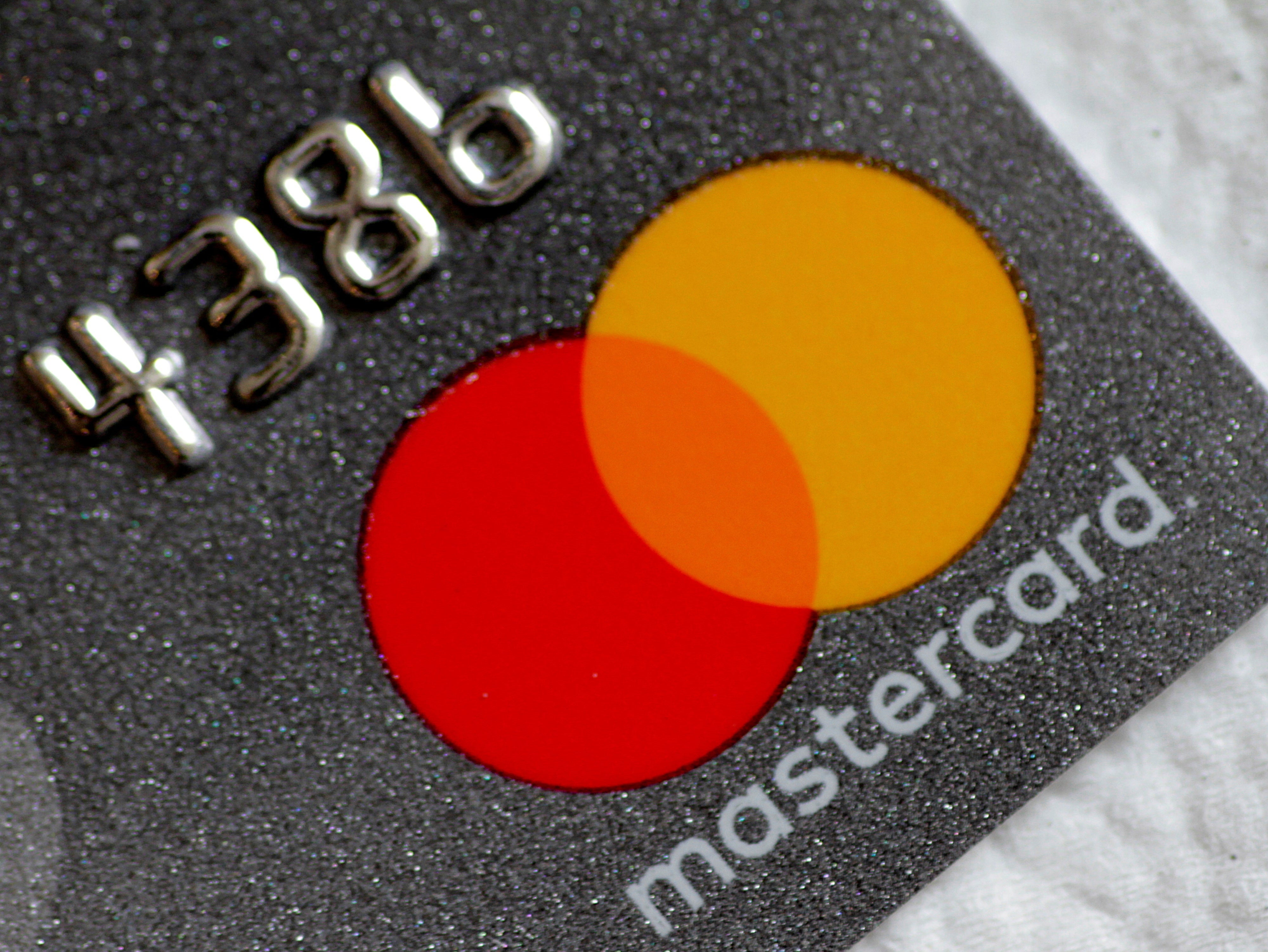Mastercard fined £31.5m for operating cartel in pre-paid card market
Regulator fines Mastercard, allpay, Advanced Payment Solutions, Prepaid Financial Services and Sulion after finding that they broke competition law

Your support helps us to tell the story
From reproductive rights to climate change to Big Tech, The Independent is on the ground when the story is developing. Whether it's investigating the financials of Elon Musk's pro-Trump PAC or producing our latest documentary, 'The A Word', which shines a light on the American women fighting for reproductive rights, we know how important it is to parse out the facts from the messaging.
At such a critical moment in US history, we need reporters on the ground. Your donation allows us to keep sending journalists to speak to both sides of the story.
The Independent is trusted by Americans across the entire political spectrum. And unlike many other quality news outlets, we choose not to lock Americans out of our reporting and analysis with paywalls. We believe quality journalism should be available to everyone, paid for by those who can afford it.
Your support makes all the difference.Mastercard is among five firms that have been fined £33m by regulators for operating cartels in which they agreed not to poach each others customers for pre-paid cards.
The cards were used by local authorities to distribute welfare payments to vulnerable members of society, such as the homeless, victims of domestic violence and asylum seekers.
The Payment Systems Regulator (PSR) fined Mastercard, allpay, Advanced Payment Solutions (APS), Prepaid Financial Services (PFS)and Sulion after concluding that they broke competition law by agreeing not to compete or poach each other’s pre-paid card customers.
During the course of the PSR’s investigation, which was launched in October 2017, all parties settled and admitted breaking the law. Mastercard received the largest fine, £31.5m. PFS was fined £916,746; allpay £28,555, APS £755,419 and Sulion £572.
Chris Hemsley, managing director of the Payment Systems Regulator, said: “This investigation and the significant fines we have imposed send a clear message that the PSR has zero tolerance for cartel behaviour.
“We will intervene and enforce the law strictly to ensure there is effective competition in payments markets.
“This case is particularly serious because the illegal cartel behaviour meant there was less competition and choice for local authorities. This means they may have missed out on cheaper or better-quality products which were used by some of the most vulnerable in society.”
In its initial findings published last March, the PSR said it would fine the companies for coordinating to share the market. At the time, Mastercard said: “We apologise that the actions of two former employees resulted in the standards expected of us not being met in this instance.”
According to the PSR, Mastercard was the sole funder of the National Prepaid Cards Network, a group that brought together councils and other public sector organisations interested in pre-paid cards with managers for one of the five providers.
The firms agreed not to target each other’s public sector customers that were either already in contract or being provided pre-paid card services through a pilot programme.
In the early days of the Network, which was set up in 2012, the parties colluded to exclusively allocate between each of the potential new public sector customer contacts obtained through promotional events, the PSR said.
Join our commenting forum
Join thought-provoking conversations, follow other Independent readers and see their replies
Comments